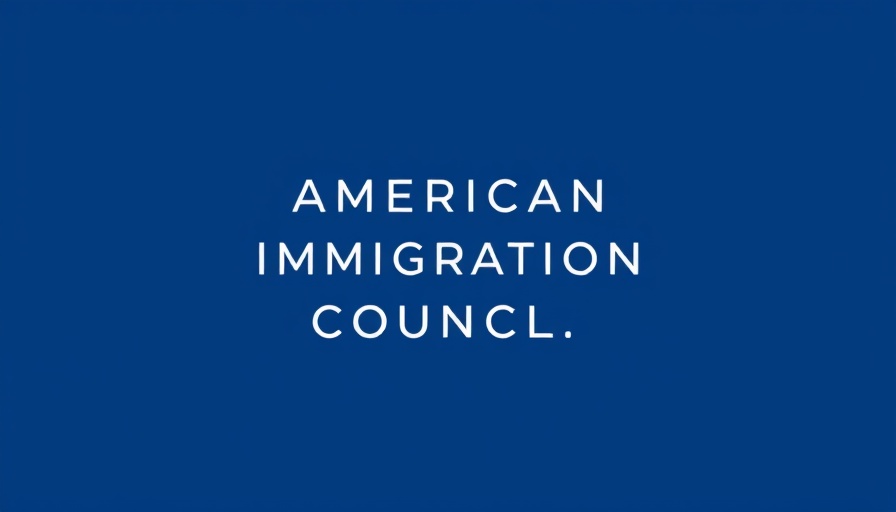
Unaccompanied Alien Children: A Growing Concern
The issue of ‘Unaccompanied Alien Children’ (UAC) represents a pressing challenge that demands the attention of Congress. Every year, thousands of vulnerable minors arrive at the U.S. border without an adult guardian, seeking safety and a better life, often fleeing violence and poverty in their home countries. These children are not just statistics; they embody stories of hardship and resilience.
The Legal Framework: What You Need to Know
Current immigration policies have left many UACs in precarious situations. Under the Trafficking Victims Protection Reauthorization Act (TVPRA), specific protocols are in place for these children to ensure their safety. However, there are gaps in enforcement and resources, leading to inconsistent treatment and risk of exploitation, highlighting the need for robust legislative action.
Why Protecting UACs Matters to American Society
Beyond legal implications, safeguarding UACs resonates deeply with principles of compassion and human rights. Studies show that integrated and supported children can positively contribute to society as adults. Moreover, for business sectors like lending and banking, addressing the needs of these future citizens presents opportunities for fostering community growth and stability, which is essential in today’s economic landscape.
A Call to Action for Community Support
As stakeholders in the economy, it is crucial for business lenders, banks, and credit card providers to understand the implications of UAC policies. By advocating for protective measures, businesses can play a role in ensuring these children have access to necessary resources and support systems, creating a more stable and prosperous society.
Conclusion: A Collective Responsibility
The responsibility to protect unaccompanied minors extends beyond legal obligations; it calls on us to act as a united community, championing the well-being of those who cannot advocate for themselves. Business leaders should engage with policy advocacy that nurtures these vulnerable children, contributing to a brighter future not just for them, but for society as a whole.
 Add Row
Add Row  Add
Add 




Write A Comment